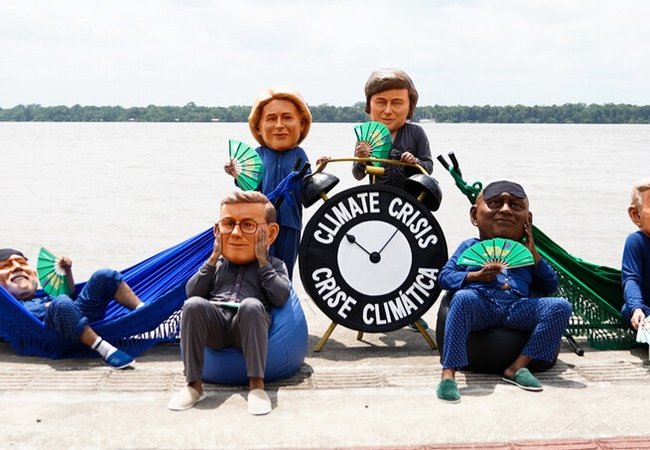There have been glimmers of hope. With campaigners from around the world, Indigenous communities and people on the frontlines of this crisis standing up and demanding climate justice, some progress has been made.
At COP27 in 2022, there was a well-received announcement that a Loss and Damage fund would be set up, to compensate less developed countries for climate damages that could not be adapted to. But, since then, commitments to this fund remain woefully inadequate.
When we talk about climate finance, not only are we asking governments like the UK to commit funds, we also need to make sure that these funds reach communities on the frontline.
Climate finance is complicated. Negotiating deals with multiple countries across the world, getting agreements, timelines and mechanisms in place is not easy. That’s why it’s essential that countries agree that climate action should be fair: so no matter how complicated the politics becomes, that principle is front and centre and money gets to those who need it most.
Money needs to flow now, because as the climate changes more, the amount of money needed for a just transition to a fairer, greener world increases.



